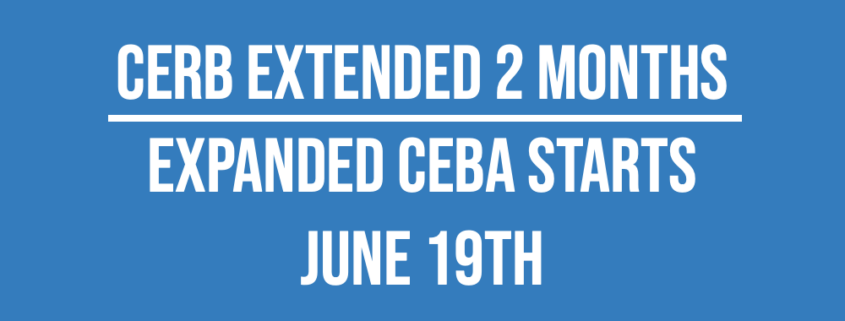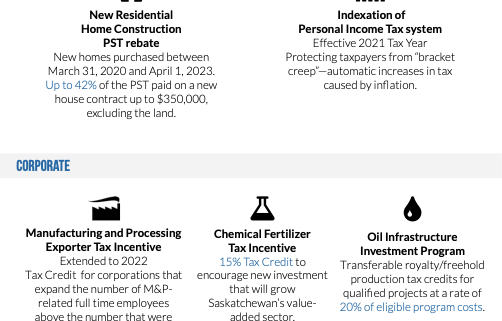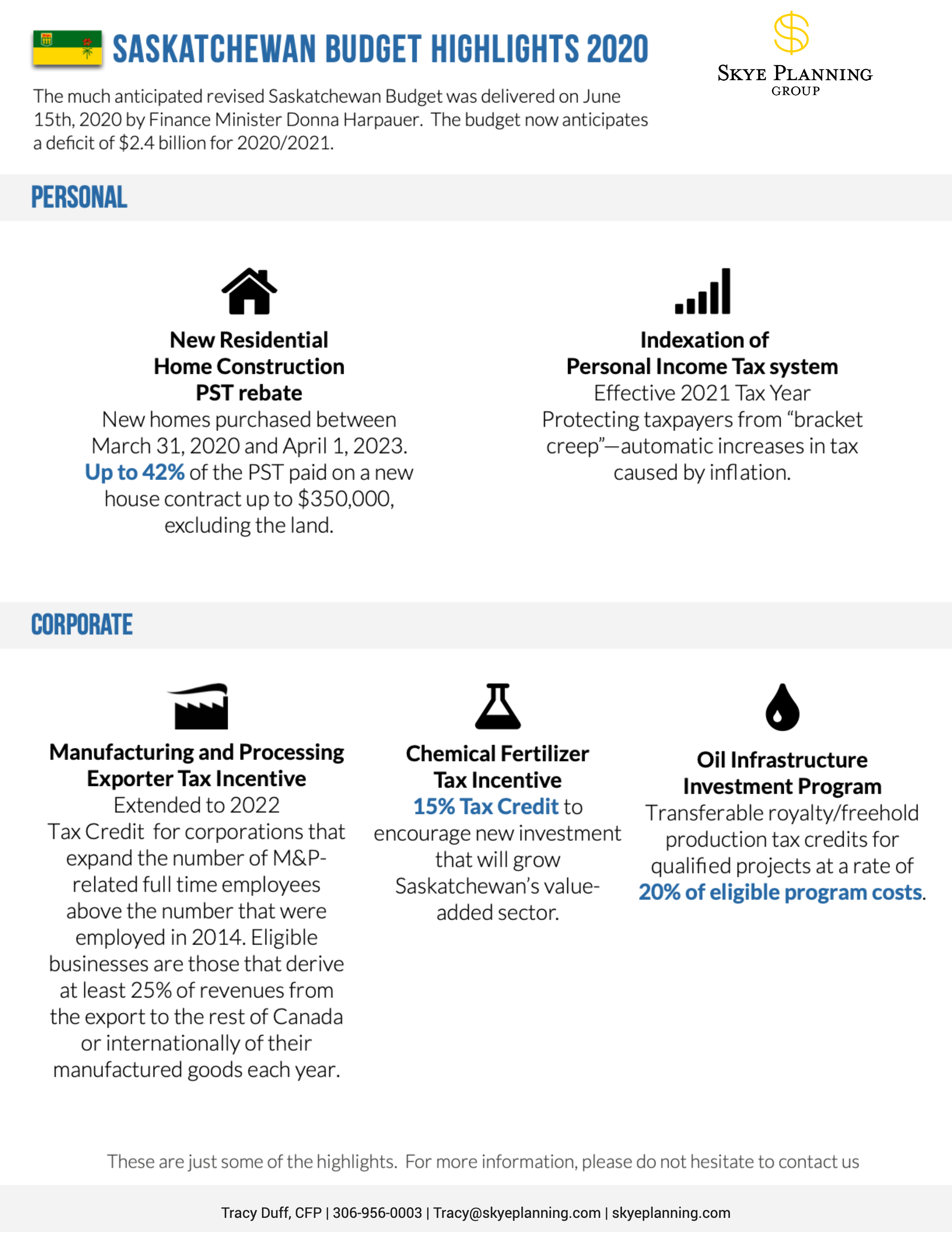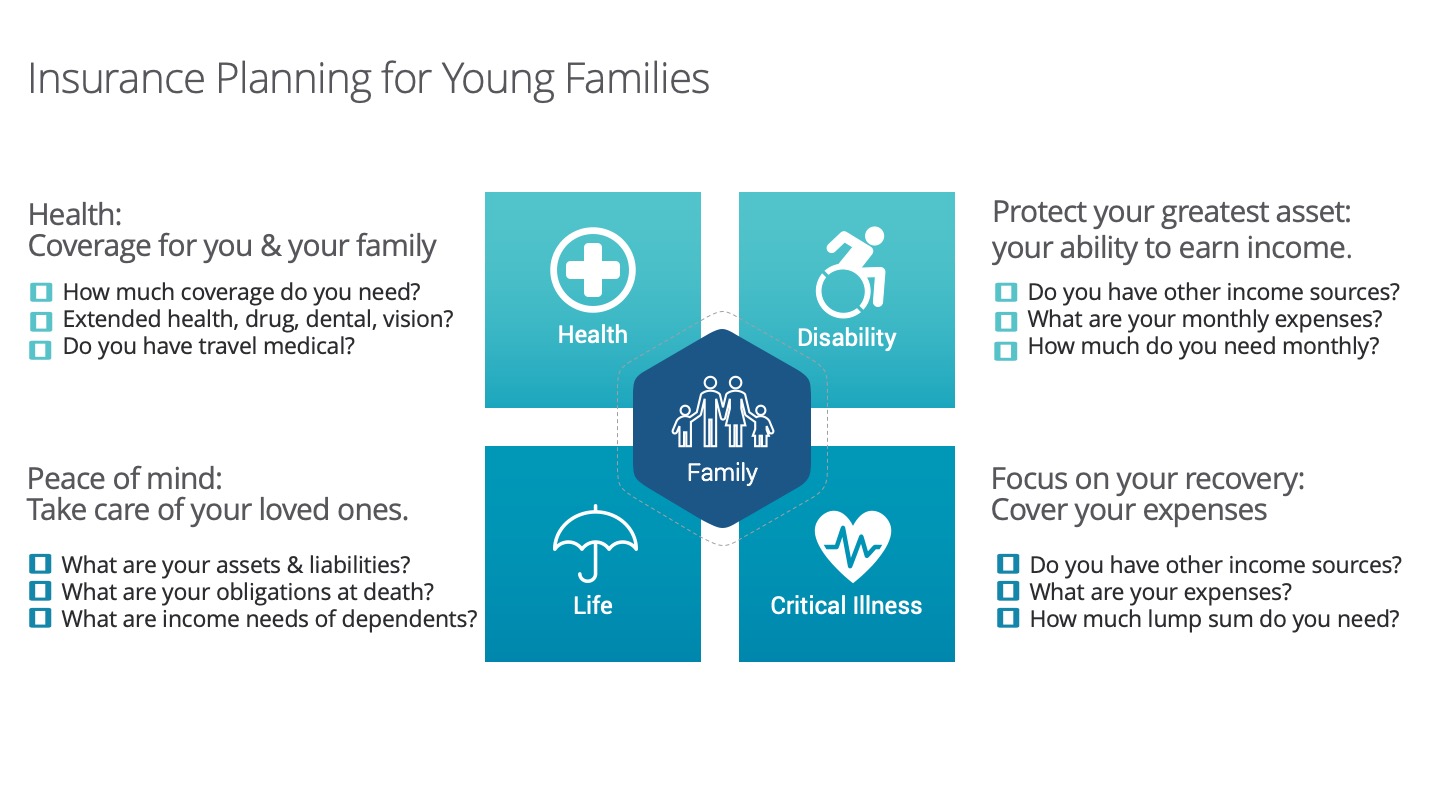CERB Extended | Business Owners who did not qualify previously – expanded CEBA starts June 19th
CERB Extended 2 more months
Great news for Canadians out of work and looking for work. The CERB will be extended another 8 weeks for a total of up to 24 weeks.
As the country begins to restart the economy, the Federal government will be making changes to the program to encourage Canadians receiving the benefit to get people back on the job. From Prime Minister Justin Trudeau’s website:
“The Government of Canada introduced the CERB to immediately help workers affected by the COVID-19 pandemic, so they could continue to put food on the table and pay their bills during this challenging time. As we begin to restart the economy and get people back on the job, Canadians receiving the benefit should be actively seeking work opportunities or planning to return to work, provided they are able and it is reasonable to do so.
That is why the government will also make changes to the CERB attestation, which will encourage Canadians receiving the benefit to find employment and consult Job Bank, Canada’s national employment service that offers tools to help with job searches.”
More small businesses can apply for CEBA $40,000 no-interest loans
Applications for the expanded Canada Emergency Business Account (CEBA) will be accepted as of Friday, June 19th, 2020. Small businesses that are:
“… owner-operated small businesses that had been ineligible for the program due to their lack of payroll, sole proprietors receiving business income directly, as well as family-owned corporations remunerating in the form of dividends rather than payroll will become eligible this week.”
Apply online at the financial institution your business banks with:
-
BMO: https://www.bmo.com/small-business/financial-relief-loc/#/login?PID=MBLBC&language=en
-
National Bank: https://www.nbc.ca/forms/business/covid-emergency-account.html
-
Canadian Western Bank: https://www.cwbank.com/en/news/2020/canada-emergency-business-account-now-available (via phone/email)
There are restrictions on the funds can be used. From their website https://ceba-cuec.ca/:
“The funds from this loan shall only be used by the Borrower to pay non-deferrable operating expenses of the Borrower including, without limitation, payroll, rent, utilities, insurance, property tax and regularly scheduled debt service, and may not be used to fund any payments or expenses such as prepayment/refinancing of existing indebtedness, payments of dividends, distributions and increases in management compensation.”





